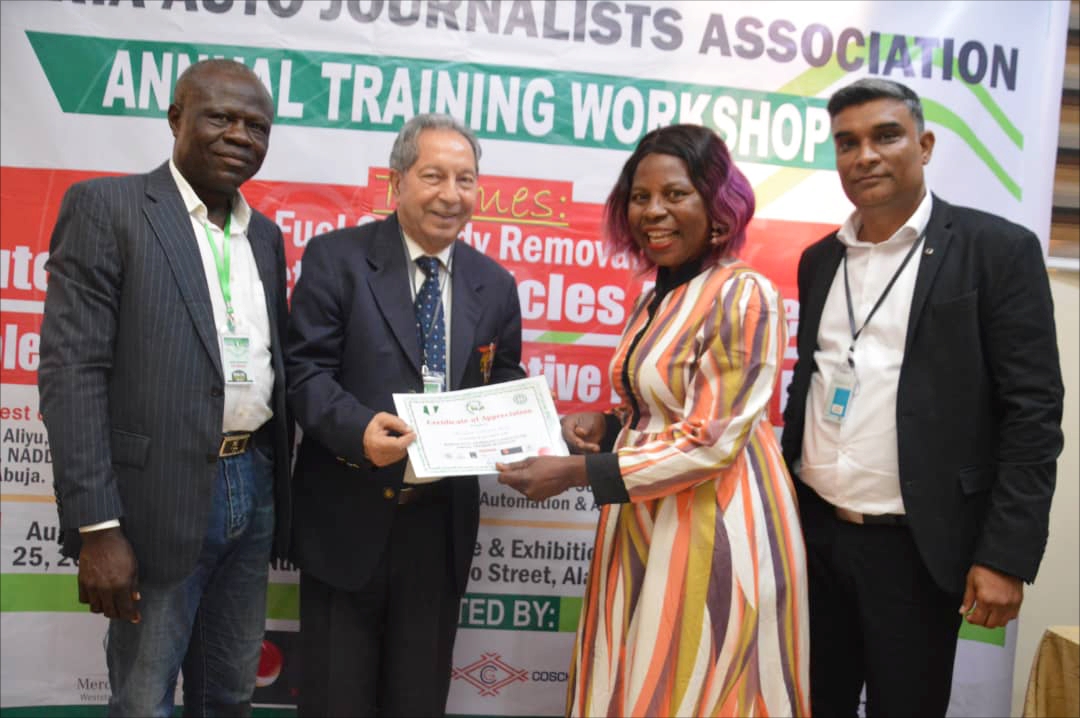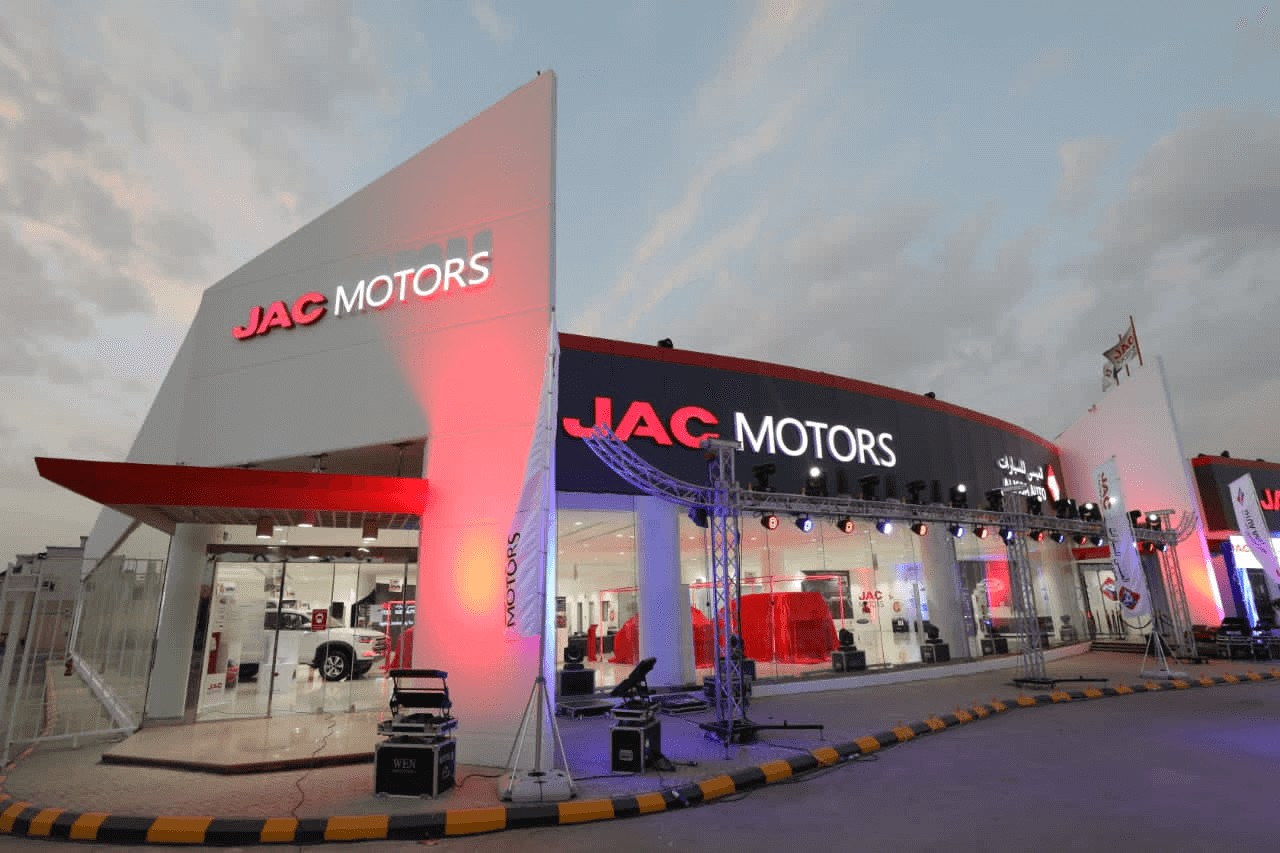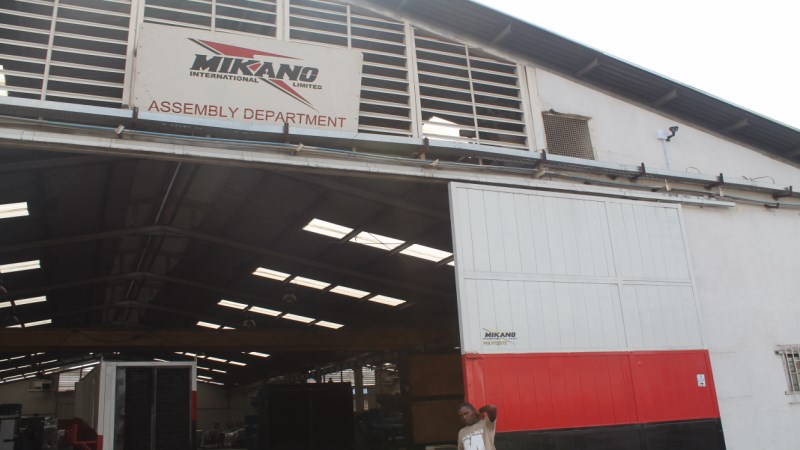
General Manager, Stallion Motors (Nigeria) Ltd, Amit Sharma, said it may be difficult for Africa to migrate with the rest of the world to electric vehicles.
Sharma explained that for vehicle electrification to fully take effect on the continent, there must be political will that is demonstrated through a good legislative environment, which would incentivise the move to new technologies.
Speaking at the yearly training capacity building of Nigeria Auto Journalists Association (NAJA), in Lagos, he identified insecurity and lack of supportive policies as some of the reasons.
He added that the government also needed to protect the investment of the importing companies, while there should also be a roadmap for the development of the charging infrastructure.
According to Sharma, Nissan was already addressing some of the challenges facing the continent by designing vehicles like the Nissan Navara.
He explained that the electronic vehicle (EV) policies governed everything from duties and tariffs payable as well as the establishment of charging infrastructure.
He declared that without the infrastructure, it was expensive to import EVs, lamenting that it is currently difficult to find charging points in public and commercial areas.
“Range anxiety or the amount of power you have in your battery, just like your mobile phone or your laptop, is a major concern, which is even worse when there is not an infrastructure of charging stations that you can rely on. This is where Nissan’s E-POWER is such a game changer.
“The E-POWER is not a hybrid engine, but an electric engine, where the electricity is generated by a smaller internal combustion engine.
“It is the best of both worlds. It does away with range anxiety, but introduces all the benefits of electrification, like the incredible torque and performance that we have been witnessing, especially on the Formula E circuit.”
Sharma insisted that vehicle electrification is the future of mobility in the world, stressing that E-POWER provides the automobile industry with an incredible solution in a continent that has the challenges the continent is presently being confronted with.
He emphasised further that the management at Nissan Nigeria was looking forward to the creation of a legislative environment that would put safe and innovative mobility solutions within reach of all Nigerians.





